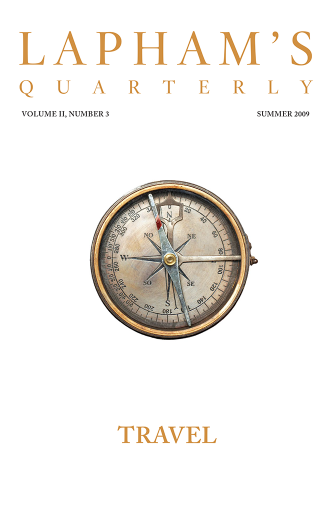Here in the Orient, we have had the conception of a faction but none of a public party.
A political party is an association of people having for its exclusive object the discussion of public affairs of state and the enforcement of their views thereon. But when political parties are transplanted into the East, they at once partake of the nature of factions, pursuing private and personal interests instead of the interests of the state—as witnessed by the fact of their joining hands by turn with the clan cliques or using the construction of railways, ports and harbors, and schools, etc., as means for extending party influence. Besides, the customs and usages of feudal times are so deeply impressed upon the minds of men here that even the idea of political parties, as soon as it enters the brains of our countrymen, germinates and grows according to feudal notions. Such being the case, even political parties, which should be based and dissolved solely on principle and political views, are really affairs of personal connections and sentiments, the relations between the leader and the members of a party being similar to those which subsisted between a feudal lord and his liege men, or to those between a “boss” of gamblers and his followers in this country. A politician scrupulous enough to join or desert a party for the sake of principle is denounced as a political traitor or renegade. That political faith should be kept not vis-à-vis its leader or its officers but vis-à-vis its principles and views is not understood. They foolishly think that the proverb “A faithful servant never serves two masters; a chaste wife never sees two husbands” is equally applicable to the members of a political party. In their erroneous opinion, it is a loyal act on the part of a member of a party to change his principles and views in accordance with orders from headquarters, while in the event of headquarters changing their views, it is unfaithful to desert them.
From The Voice of Japanese Democracy. Often called the father of parliamentary politics in Japan, Ozaki was born in Kanagawa in 1858, the same year the Treaty of Amity and Commerce was signed, opening Japanese ports to American trade. In addition to serving as minister of education, minister of justice, and mayor of Tokyo, Ozaki was elected to the House of Representatives in 1890, a position he held for over sixty years. He played a significant role in the passage of a 1925 universal male suffrage bill and, as an outspoken antimilitarist, was imprisoned during both world wars.
Back to Issue


